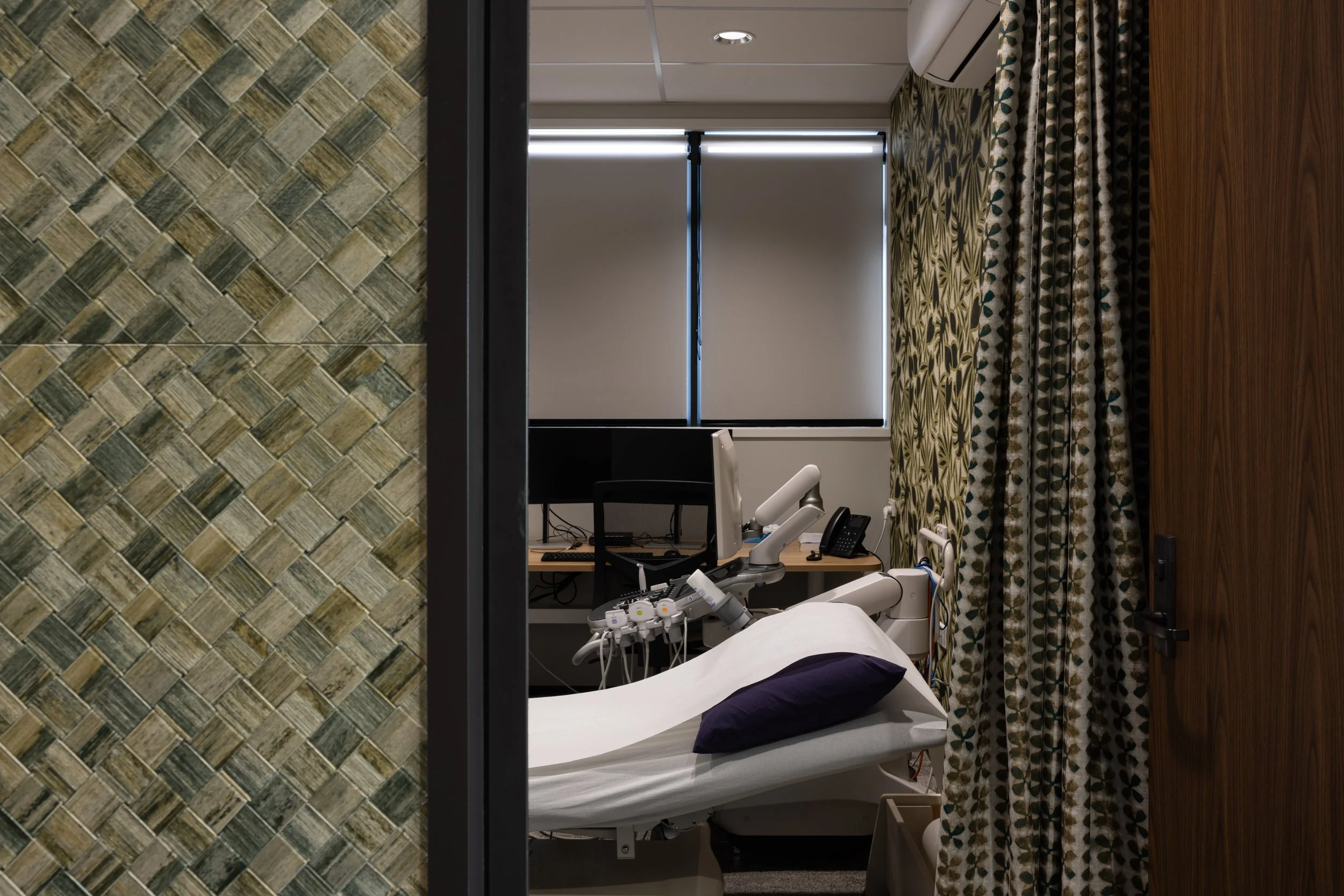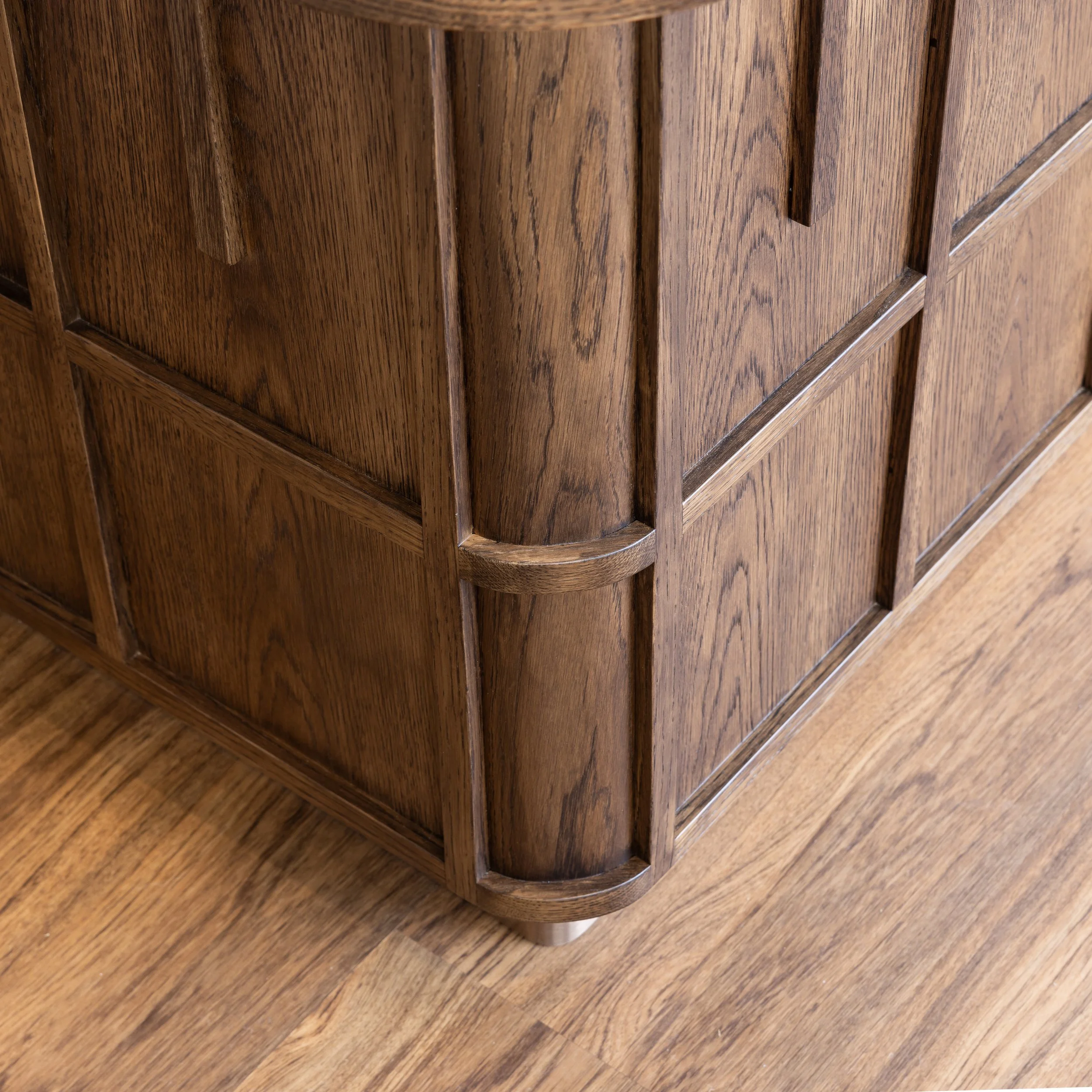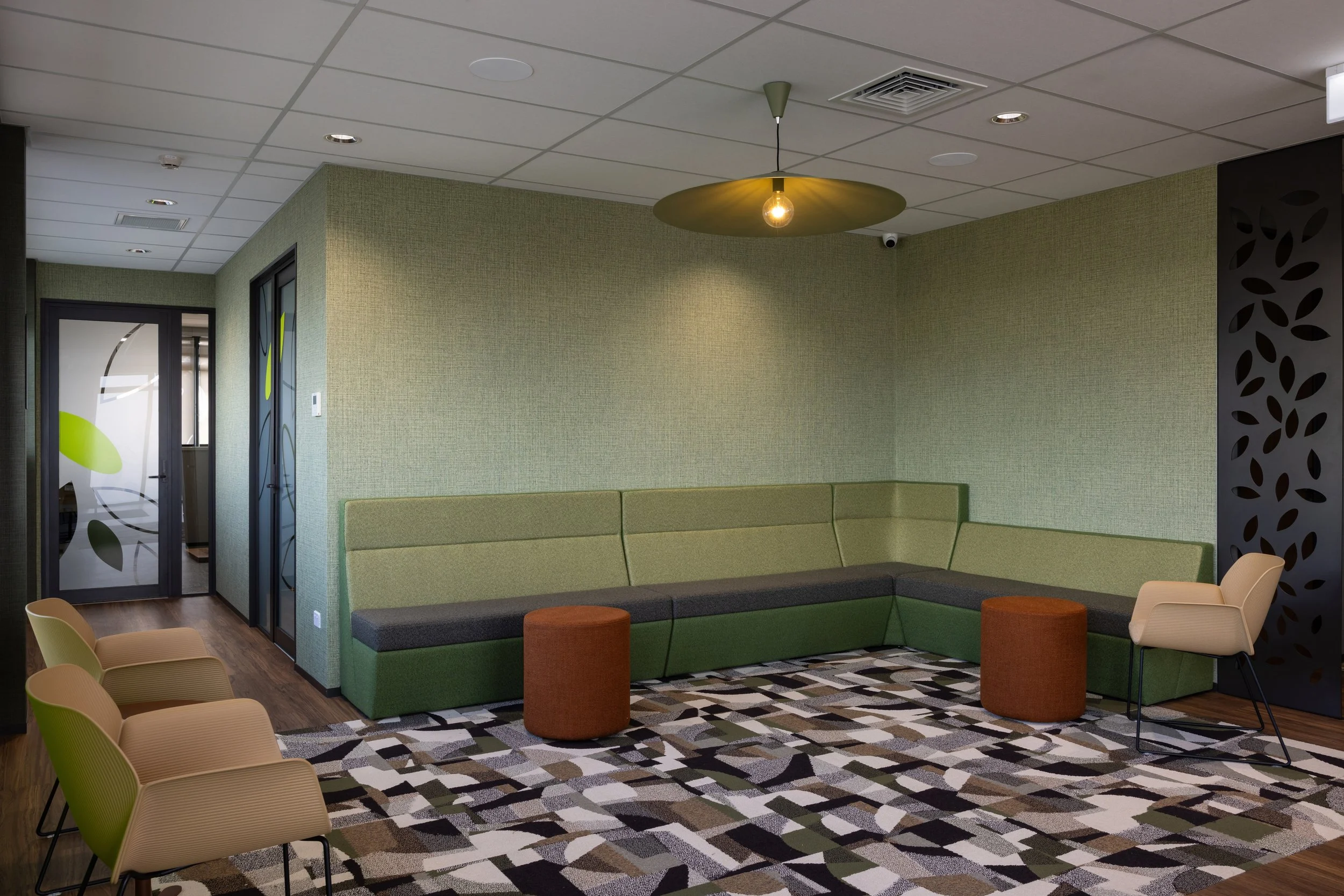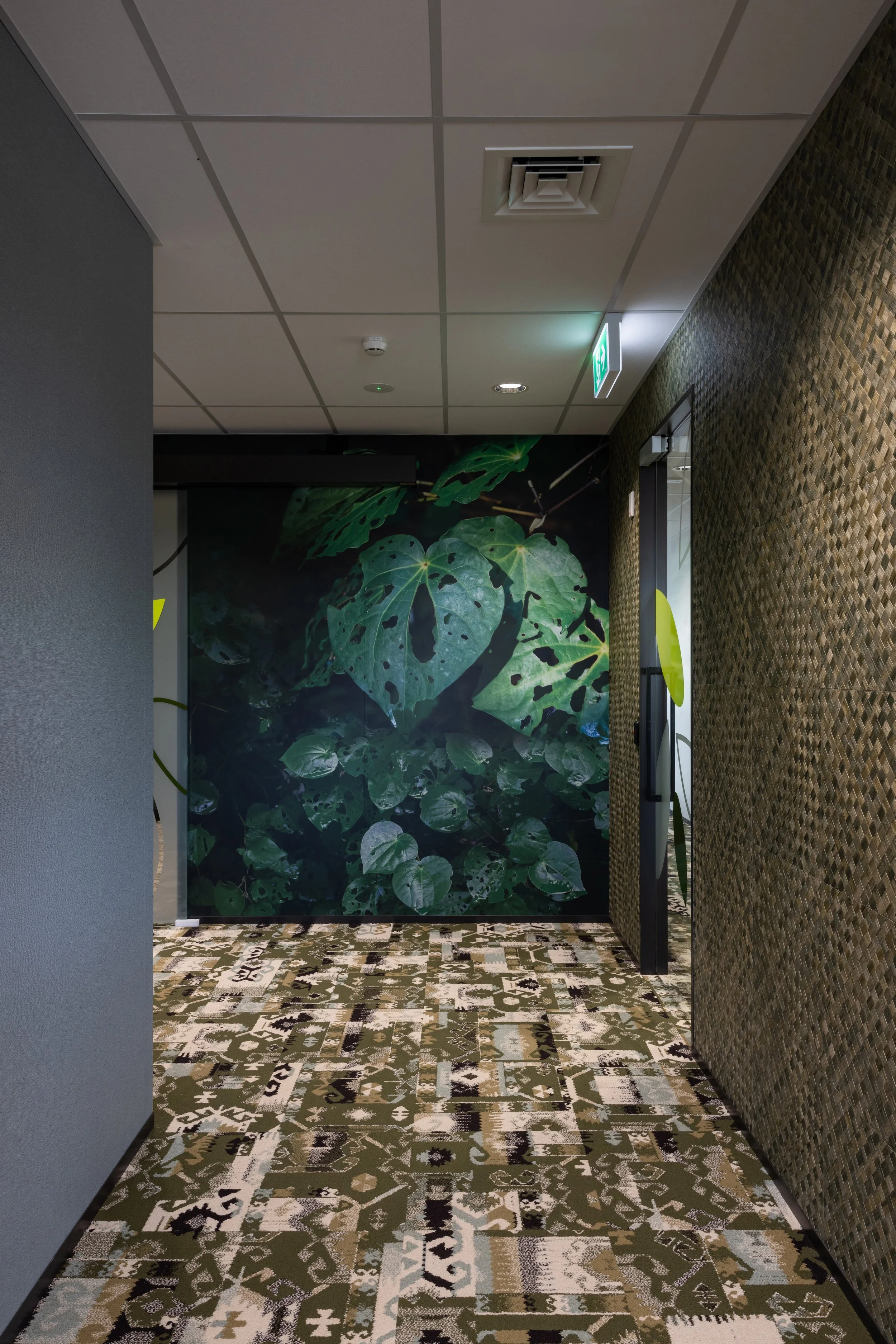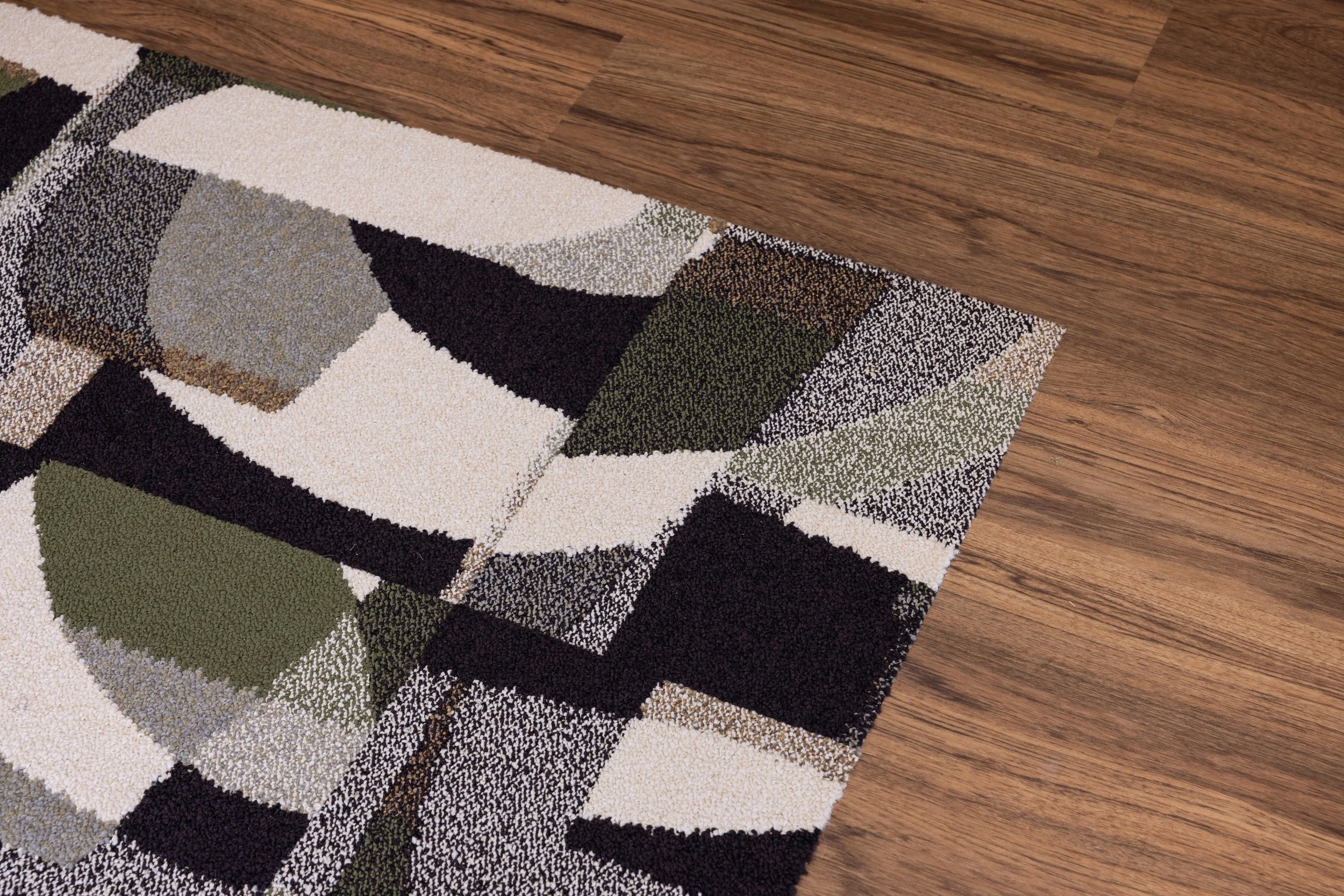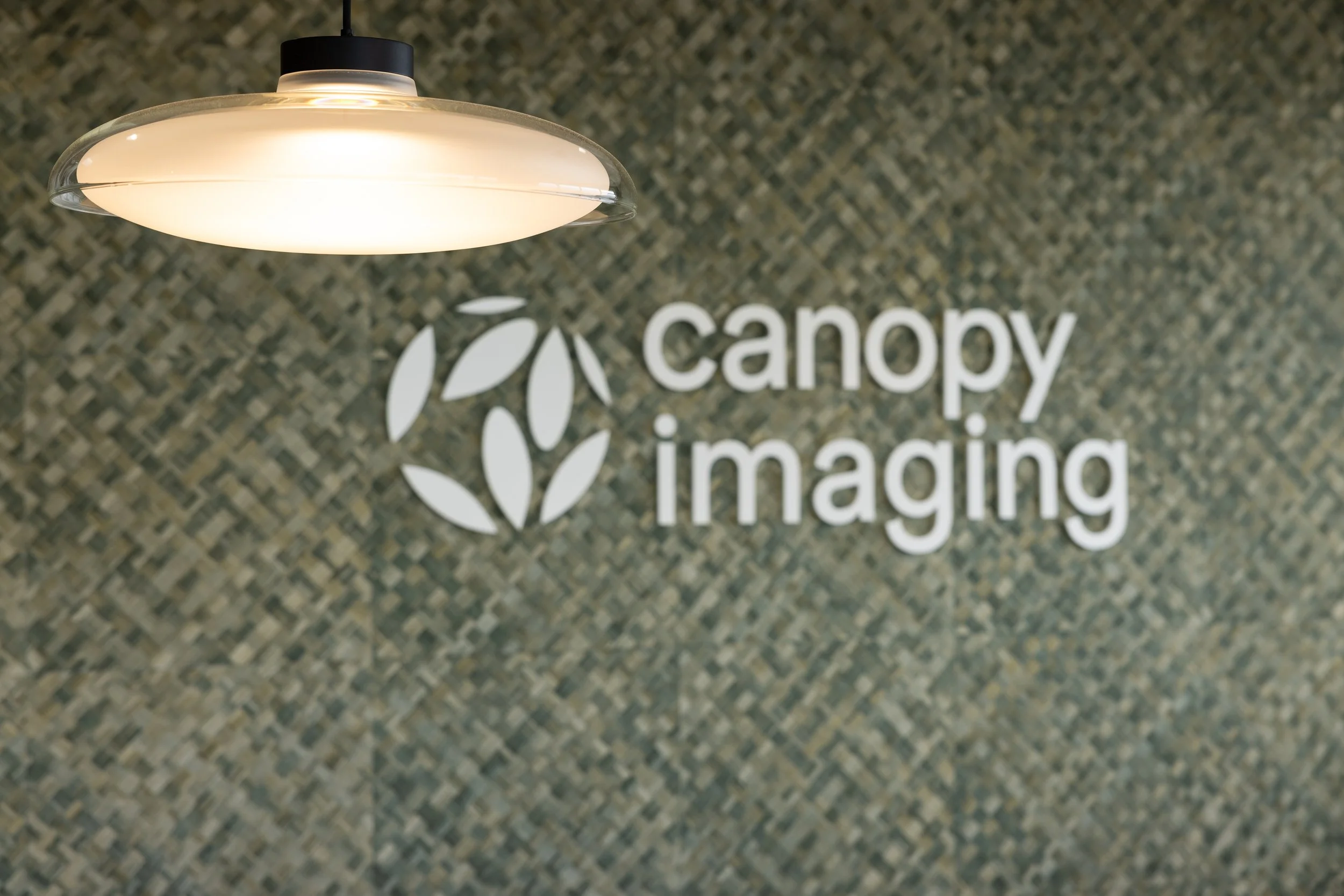Canopy Imaging Kerikeri
2024
Kerikeri
In healthcare, patient-centred approaches are increasingly prioritized, even within diagnostic departments like radiology. Pilkington 6 Design collaborated with Canopy Imaging to design the interior specifications for their new Northland clinic, employing human-centred design principles throughout. This approach ensured that the facility not only met clinical needs but also emphasized patient comfort, safety, and overall positive experiences, acknowledging the significant impact of aesthetic surroundings on emotional well-being.
Art and science converged in the design process to influence mood and cognition, illustrating their vital role in healthcare architecture. Achieving an environment conducive to healing involves a meticulous blend of colour, texture, sound, shape, and light. For instance, the clinic incorporated natural light, calming colour schemes, and artwork to foster relaxation and alleviate anxiety from the moment patients arrive.
The design also embraced biophilic elements, connecting patients to natural landscapes known to promote tranquillity and healing. This approach extended to innovative solutions like transforming MRI experiences into engaging adventures tailored to both children and adults, thereby redefining intimidating procedures into imaginative journeys reflective of local scenery.
Cultural inclusivity was paramount, with considerations for patient diversity and language sensitivity woven into the clinic’s design. This holistic approach underscores the necessity of human-centred design in healthcare, ensuring environments are not only functional but also empathetic and inclusive. Moving forward, these principles guide the creation of spaces that honour the human experience, making a lasting impression on those they serve.
Ultimately, the goal is to craft environments that enhance healing for both patients and healthcare providers, recognizing that the emotional impact of surroundings can profoundly influence one’s experience and well-being.



